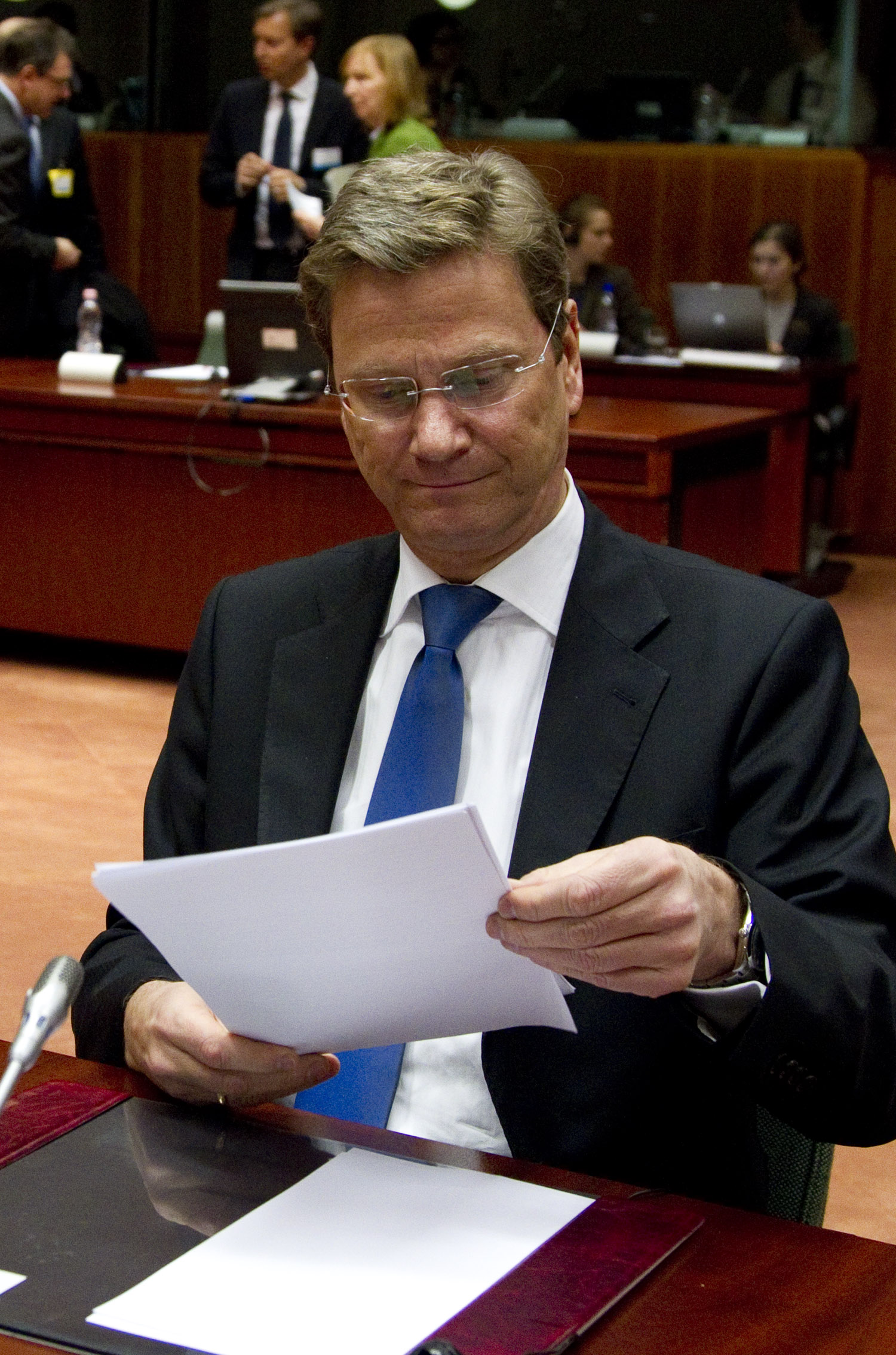The different hidden agendas of European leaders in the battle for Libya
(BRUSSELS2) If we have often spoken of other motivations for President Sarkozy in his ardor and his enthusiasm to defend the Libyan revolution and to take military action, he is not the only one to have a hidden agenda. And the apparent rat race that has reigned for a few days at European level hides other equally political issues with several partners, German and Italian in particular.
French side We have often commented on what underlies Sarkozy's posture: the upcoming electoral campaign (presidential 2012), the concern to make people forget the first hesitations in the Arab revolutions (mainly Tunisia) and the reception with great fanfare of the Libyan leader. Mention should also be made of more strategic issues such as the promotion of French military and industrial know-how (Rafale), its place in the Atlantic Alliance and its seat on the UN Security Council, and what seems to be a change in the French policy with a more traditional return among the Gaullists to the Arab world.

On the German side, we can highlight the traditional caution vis-à-vis foreign military commitments and the constitutional obligation of the Bundestag. There is also the important German commitment within the ISAF in Afghanistan. And any collateral damage vis-à-vis civilians is perceived very negatively in Germany. But this is not enough to fully explain the very advanced, even aggressive position of Guido Westerwelle, the Minister of Foreign Affairs. We are also in the middle of an election period in Germany, with a defeat announced in the next Länder elections which could have two consequences. The ruling coalition will lose the majority in the Bundesrat (the German 2nd chamber) which has a certain power (especially in internal matters, not for external operations). But above all, the FDP, Westerwelle's party, runs the risk of seeing its position particularly weakened if it continues to be unable to exceed the 5% mark, the bar which allows it to exist politically in Germany. The election in the Lan of Baden Württemberg on March 27 will be a test. Westerwelle is therefore playing its political survival.
Italian side, the position is also contradictory. the cavaliere is also in the electoral campaign, the target of legal proceedings and an attitude of the Liga North, which can be described as isolationist (anti-immigrants, anti-intervention in Libya, anti-Europe). If he listened to himself, he would intervene little or not at all. At the same time, the Franco-British attitude towards Libya resembles a strategic takeover of the country. And Italy cannot let other countries take the lead in what is and remains a former Italian colony, where the interests of the peninsula are numerous. In addition, it is a question of defending the position and the prestige of Italy, both at the European level, and at the international level... and of NATO.
All of this is taking place against the background of discussions at NATO, in particular with the reduction in the number of bases, commands and staff in the commands. the major political and strategic options are sometimes not far from more concrete considerations.
